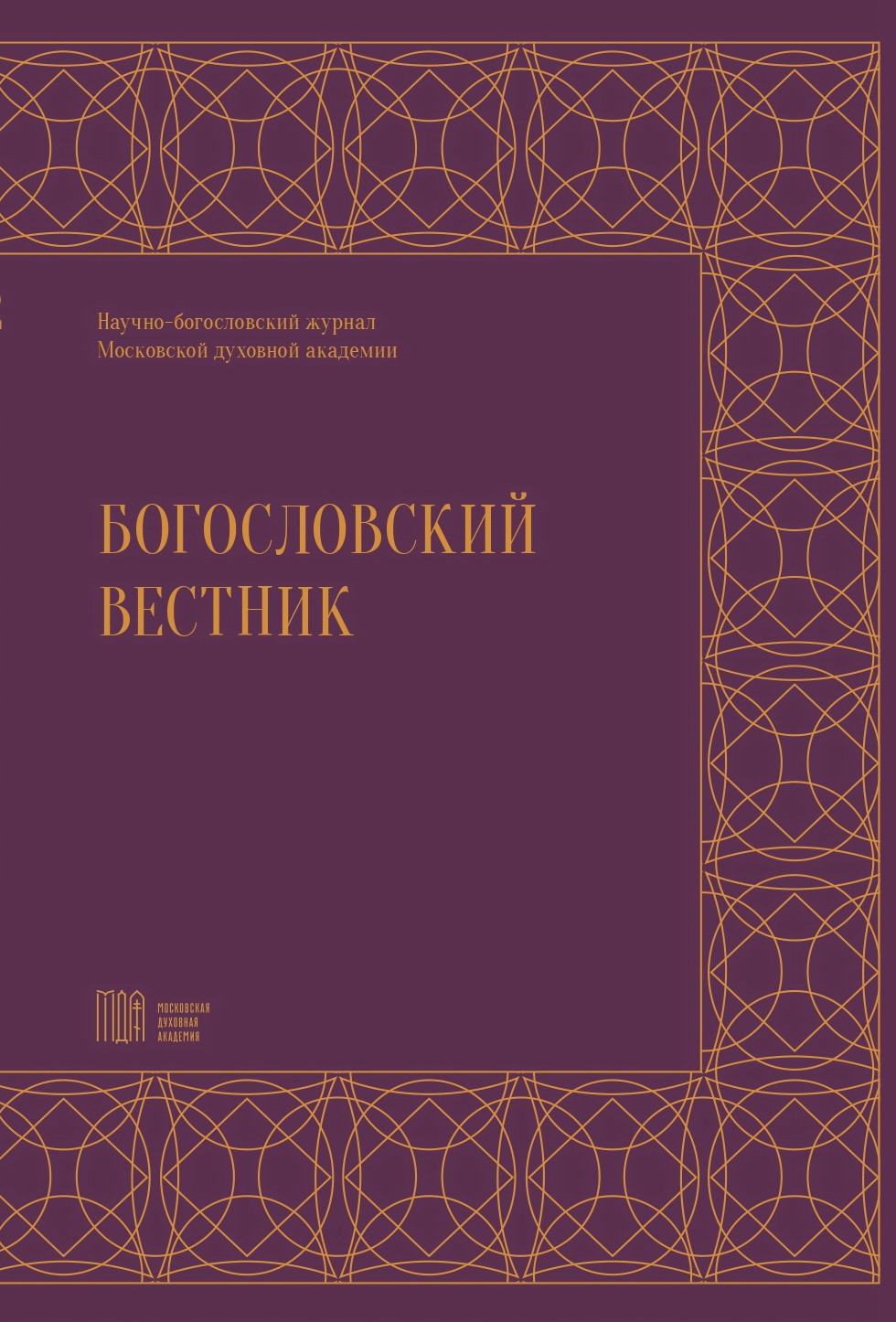The Symbolism of Creation as the Basis for the Construction of Hermeneutic Procedures. Method of Integral Exegesis
DOI:
https://doi.org/10.31802/GB.2023.47.4.002Keywords:
human symbolism, symbols of culture, biblical hermeneuticsAbstract
The symbolic nature of the world and man created by God, according to the author, opens up the prospect of reading culture as a symbolic text, since it also has symbolism deeply rooted in it. The article presents a historical overview of the transformation of the concept of«symbol» in the European cultural space. European culture can rightly be regarded as an extended commentary on the Holy Scriptures, since it, often unwittingly, resides in the biblical "matrix", in which the very principles of distinguishing between good and evil are set. The existing methods of its analysis in literary criticism and cultural studies represent a great dissonance, since they are based on a variety of settings - from psychoanalysis to the theory of dialogue by M. M. Bakhtin or postmodern approaches. The theological understanding of culture, the introduction of its diversity into the coordinates of Christian semantic differentiation can be started by applying to it, with appropriate amendments and assumptions, the methods of biblical hermeneutics.
Downloads
References
Григорий Палама, cвт. Беседы (омилии). Москва: Паломник, 1993.
Дионисий Ареопагит. О Божественных Именах // Дионисий Ареопагит. Сочинения. Санкт Петербург: Алетейя; Изд. Олега Абышко, 2002.
Ерм. Пастырь // Легеев М. В., свящ. Патрология. Период Древней Церкви: с хрестоматией. Санкт-Петербург: Изд. СПбДА, 2015. С. 248-307.
Киприан (Керн), архим. Антропология св. Григория Паламы. Киев: Изд. им. свт. Льва, папы Римского, 2005.
Максим Исповедник, прп. Мистагогия // Избранные творения преподобного Максима Исповедника / пер., вступ. ст., коммент. и прилож. А. И. Сидорова. Москва: Паломникъ, 2004. (Библиотека отцов и учителей Церкви). С. 211-250.
Аверинцев С. С. София - Логос. Словарь. Киев: Дух i Лiтера, 2001.
Лосев А. Ф. Логика символа // Он же. Философия. Мифология. Культура. Москва: Изд. политической литературы, 1991. С. 247-274.
Мень А., прот. Исагогика. Ветхий Завет. Москва: Фонд имени Александра Меня, 2003.
Руднев В. Энциклопедический словарь культуры ХХ века. Москва: Аграф, 2003.
Флоровский Г. В. Спор о немецком идеализме // Он же. Из прошлого русской мысли. Москва: Аграф, 1998. С. 412-430.
Downloads
Published
How to Cite
License

This work is licensed under a Creative Commons Attribution-ShareAlike 4.0 International License.








